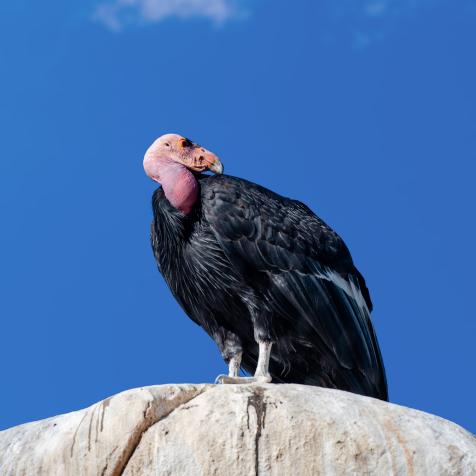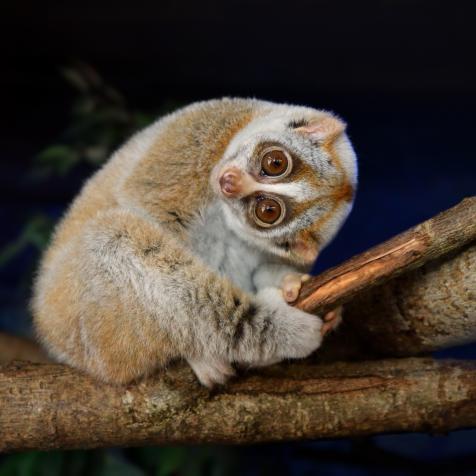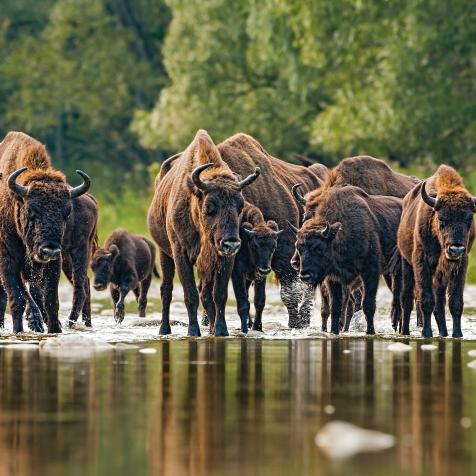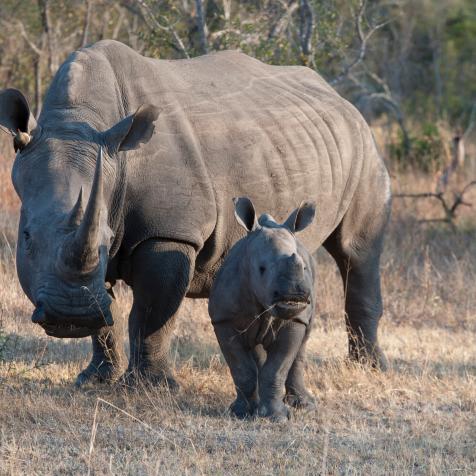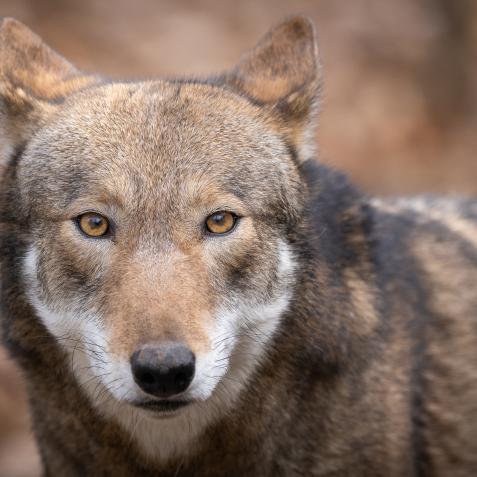
OdySea Aquarium
An Inspiration for All: Rosie the Penguin
Rosie the Riveter, meet your adorable present-day inspiration, Rosie the penguin from the OdySea Aquarium in Scottsdale, Arizona.
When we think of disabilities, we often do not think about them in tandem with animals, especially penguins. Meet Rosie, an eight-month-old African penguin with physical disabilities located at the OdySea Aquarium in Scottsdale, AZ.
Rosie hatched in December 2019, becoming penguin #39 in the colony at Penguin Point exhibit. Rosie’s parents, Mojo and Lemieux, became first-time parents, making Rosie “genetically valuable to the endangered African penguin species,” according to the OdySea Aquarium.

OdySea Aquarium
During a health exam or “chick check,” Director & Veterinarian Dr. Eric Anderson and his team noticed that despite Rosie putting on weight and growing on track, Rosie was unable to sit up on her own. Normally when chicks hatch, they are unable to sit up on their own for the first few days but eventually develop the strength to start sitting up without their parent’s assistance. When the team saw unusual progress for Rosie, they knew something was not right.
The team installed 24/7 camera observations on Rosie and her family in their nest in order to oversee the chick without any intrusion. Beneficial to the Animal Care Team, they were able to gather a better understanding of Mojo and Lemieux’s parenting, as well as Rosie’s behavior. Jessica Peranteau, director of animal care and Education at OdySea Aquarium explained, “[w]e suspected the parents may have been overly protective...Our fear was that in their attempt to protect and incubate their baby, they were inhibiting Rosie’s ability to move about the nest area on her own and appropriately develop.”

OdySea Aquarium
Rosie was then taken for further medical tests and radiographs, which revealed skeletal abnormalities in Rosie. It’s inconclusive if Rosie was born with these abnormalities or if her overly cautious parents contributed as a factor. Either way, the team knew that Rosie deserved a chance at the best life possible.
In order to strengthen her core and leg muscles to allow her to sit upright autonomously, the team created their own invention. Enter the “penguin-jump-a-roo”-- a baby bouncer seat inspired by the popular human baby bouncer. Using fabric, elastic, and grommets, the team was able to create a mini baby jumper for Rosie that would safely support her. According to Peranteau, Rosie’s first few times in the sling were minimal, allowing her to get used to the contraption and her posture. The team encouraged her to lift and move her feet so she could start to learn how to walk.

OdySea Aquarium
A therapy schedule, as well as “sling-free” short waddles around the aquarium, were put into daily practice, which she seemed to quite enjoy. With the help of the Animal Care Team, the straps allowed Rosie to familiarize herself with the sensation of walking. By February, Rosie was showing results as she was able to sit upright and take a few steps on her own. (Cue Happy Dance!)
During COVID-19 and the aquarium’s shut down, Rosie maintained her routine and therapy schedule. Being four-months old, Rosie was now able to start water therapy with her new “waterproof juvenile plumage” to learn how to swim and bathe herself. After careful help and guidance, Rosie can now proudly swim on her own and get out of the pool without assistance — an exciting and precious milestone for Rosie the penguin!
Fast-forward to present day Rosie, being eight-months old, she has overcome heaps of obstacles and shown her resilience as a penguin with disabilities. Although she is easily spotted by her unique “shuffle,” Rosie has proven that her disabilities do not make her any different from the rest of the penguin colony. Like the other penguins in the colony, Rosie loves eating, learning, cuddling, and swimming. Rosie still attends physical therapy with less assistance, each time, showing tremendous growth in the direction of becoming a fully independent penguin.
Surely the Rosie the Riveter of penguins, Rosie’s inspirational story of determination reminds even humans that when we are faced with adversity, we should never give up.









